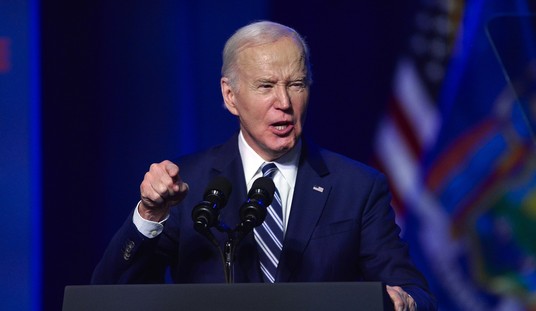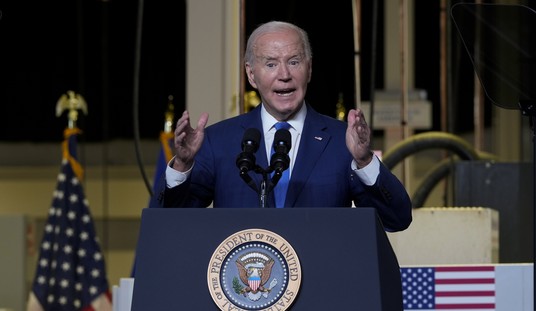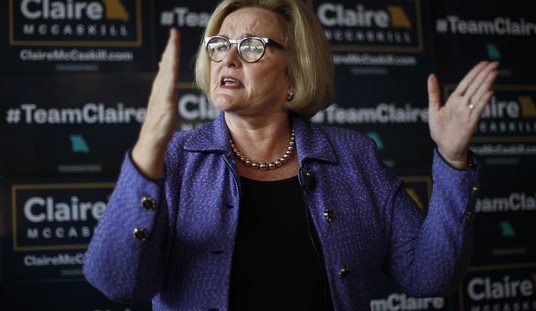Surprise medical billing, as too many Americans know, isn’t a new problem. For years, millions of Americans have received steep bills for medical care they received from providers unknowingly outside their insurers’ networks. And as more and more people are getting tested and requiring treatment for COVID-19, many are finding themselves stuck with unexpected bills that jeopardize their financial well-being.
Amid our precarious economy, moreover, those surprise medical bills are hitting people at the worst possible time. As just one example, a Philadelphia woman who sought treatment for COVID-19 was charged more than $52,000 after being airlifted to another hospital, all because the helicopter company happened to fall outside her insurer’s network.
Thankfully, Congress has been working to reach a permanent solution to end surprise medical billing once and for all. One idea spearheaded by Senator Lamar Alexander (R–Tennessee) and being discussed as a possible compromise, however, could end up making matters worse for patients and health care workers across the country.
The problem with Senator Alexander’s proposal is that it relies heavily on a system called “benchmarking” or “rate-setting,” which would enable government bureaucrats and insurance companies to meet behind closed doors to determine how much doctors and health care providers should be paid for the care they provide patients. According to one recent poll, 72% of respondents oppose that kind of heavy-handed bureaucratic system, yet some in Congress seem to be ignoring that supermajority sentiment.
Here’s how Senator Alexander’s proposed rate-setting scheme would work. Imagine a patient is taken to an out-of-network hospital to receive care, and the hospital incurs the cost of resources for treatment. Under the rate-setting proposal, insurance companies would determine what they deem to be a fair amount for reimbursement, leaving the hospital at a financial loss for the care provided. Considering the fact that many medical providers are already struggling, especially in rural areas, that scenario could be enough to give medical workers pink slips, or even shut hospital doors entirely.
Recommended
That gloomy scenario isn't hypothetical or mere doomsday speculation under a national rate-setting system. After implementing such a rate-setting scheme, California saw several rural hospitals close down.
Rather than follow California’s lead, Congress should look to states like New York and Florida, which implemented what’s known as Independent Dispute Resolution (IDR), a system that protects patients and health care providers while holding insurance companies accountable.
Under an IDR system, if patients receive care out of their insurers’ networks, they would only be required to pay the median rate of in-network care. Their insurance companies and the medical providers would then negotiate what the insurers would pay. If they can’t agree, then a neutral arbiter would step in to make a fair final determination. That ensures that both sides can adequately make their arguments, and that the fairest solutions can be achieved.
While Senator Alexander's proposed compromise does include an IDR component, it creates enough barriers for medical providers that insurance companies would automatically possess the upper hand when health care providers attempt to dispute unfair payments.
So in terms of surprise medical billing, simple experience has demonstrated that a rate-setting method offers a potentially catastrophic policy path because it directly harms America’s doctors, hospitals and their patients. Accordingly, as Senate Majority Leader Mitch McConnell and House Speaker Nancy Pelosi negotiate a course toward surprise medical billing legislation, they must listen to their many colleagues promoting the preferable alternative of Independent Dispute Resolution, a fix that is already working in the states and one the public supports.
Surprise medical billing is a festering problem that must be solved, but the solution must be the correct one, lest medical providers and their sick patients pay an exorbitant price.























Join the conversation as a VIP Member